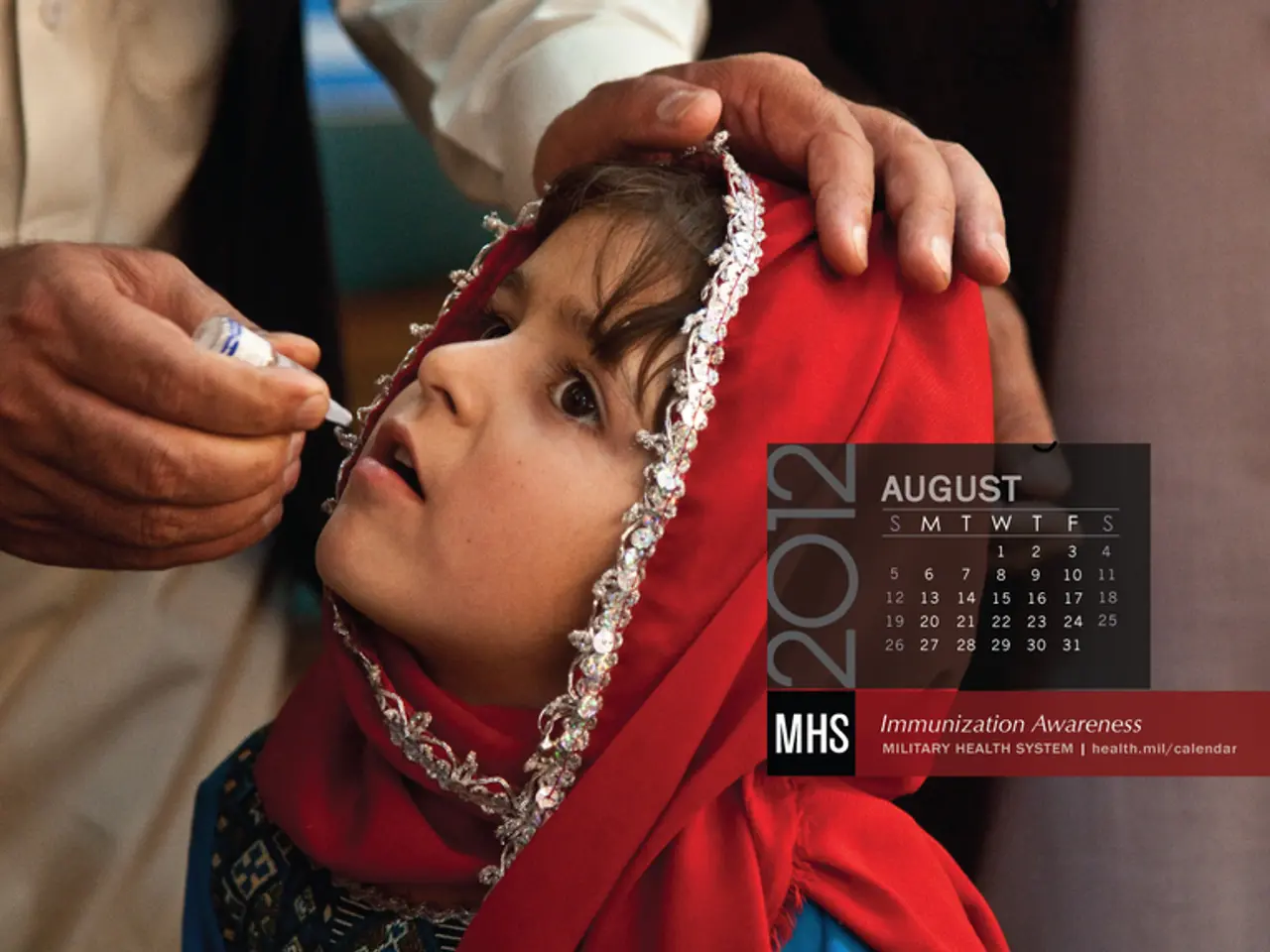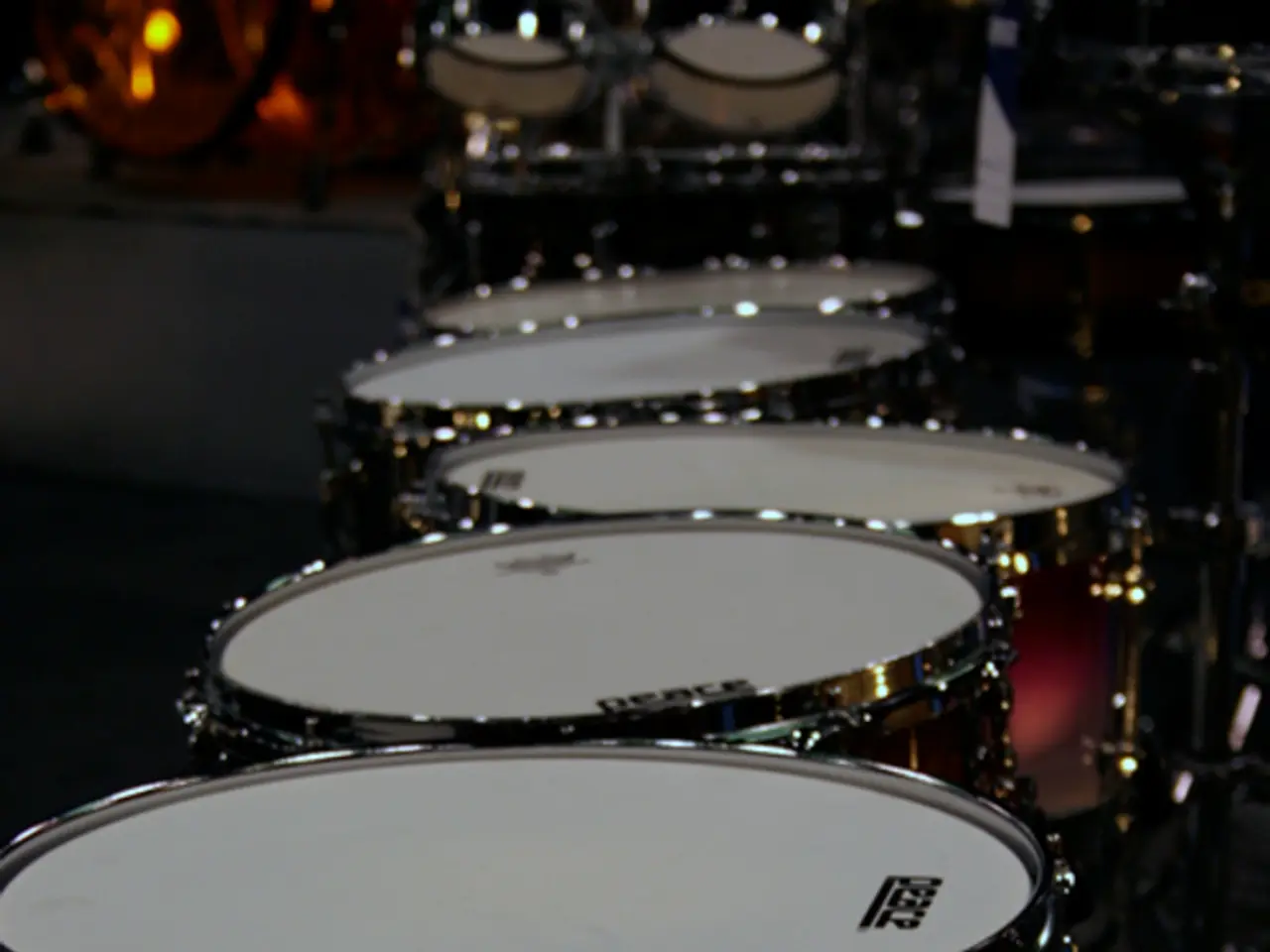Vaccination for Shingles: Timing, Frequency, and Common Questions Answered
The Shingrix vaccine, a highly effective treatment for preventing shingles and postherpetic neuralgia (PHN), is recommended for adults aged 50 and older. This recombinant vaccine, containing specific parts of the varicella-zoster virus (VZV), offers over 85% effective protection for a minimum of 4 years after vaccination.
However, for uninsured individuals, the cost of the Shingrix vaccine may seem prohibitive, with each dose typically costing around $200 to $295. But fear not, there are several affordable options available.
- Community health clinics or public health departments: Some clinics offer vaccines at reduced cost or on a sliding scale based on income, although this depends on local availability and funding.
- Pharmacy vaccination programs: Many pharmacies offer Shingrix without prior authorization and may have competitive pricing; however, uninsured patients pay full price, typically $200+ per dose.
- Manufacturer patient assistance programs: GlaxoSmithKline, the maker of Shingrix, may offer assistance for eligible uninsured individuals. Details can be found on their official site.
- Government Vaccine Programs: The CDC’s Vaccines for Children (VFC) program provides affordable vaccines to eligible children but does not cover adults. There is no indication that Shingrix is available at a discounted rate for uninsured adults through federal programs.
- Checking local health departments or non-profit organizations: Some locations may offer free or low-cost shingles vaccination programs for uninsured adults based on income or risk factors.
For those who are insured, Medicare Part D and most private insurance plans cover Shingrix at little to no cost. However, for the uninsured, the total vaccine cost can be $400-$590 without insurance, given that Shingrix requires two doses spaced 2-6 months apart.
In summary, uninsured individuals should expect to pay out-of-pocket between about $200-$300 per dose, but may find lower costs through community clinics, pharmacy programs, or manufacturer assistance depending on eligibility. Contacting local health providers or pharmacies and inquiring about sliding scale fees or assistance programs is a practical approach to accessing Shingrix more affordably.
It is essential to note that Shingrix is a crucial vaccine for preventing shingles and PHN, and it can help prevent shingles from spreading to vulnerable people. So, don't let the cost deter you from protecting yourself and others. Explore the options available, and take the necessary steps to secure your vaccination.
- The Shingrix vaccine, despite its high cost, can still be obtained affordably through community health clinics or public health departments, as some clinics offer vaccines at reduced cost or on a sliding scale based on income.
- For those who are unable to afford the Shingrix vaccine, the manufacturer, GlaxoSmithKline, may offer assistance for eligible uninsured individuals; details can be found on their official site.
- Evidence suggests that immunizations and vaccines, including Shingrix, play a vital role in health-and-wellness and mental-health, as they help prevent shingles from spreading to vulnerable people.
- In addition to community clinics and manufacturer assistance, some local health departments or non-profit organizations may offer free or low-cost shingles vaccination programs for uninsured adults based on income or risk factors.
- Science and technology have made significant strides in developing the Shingrix vaccine, which offers over 85% effective protection for a minimum of 4 years after vaccination, making it an essential treatment for depression and asthma, as well as other conditions that may weaken the immune system, such as nsclc.




